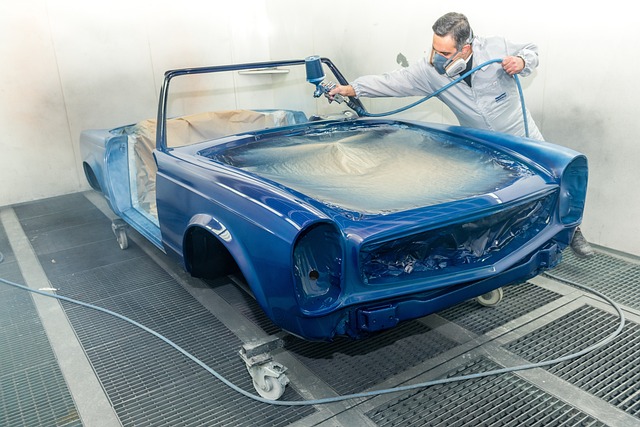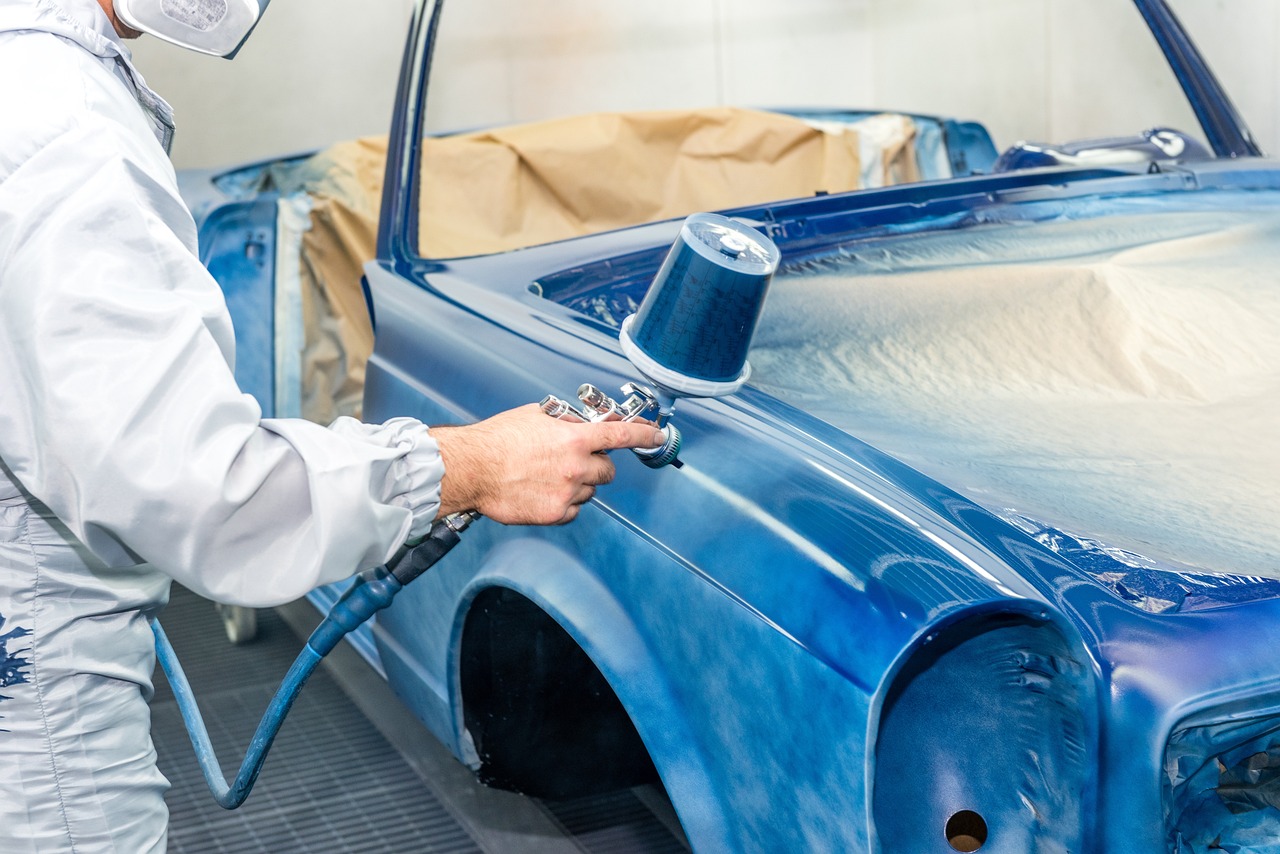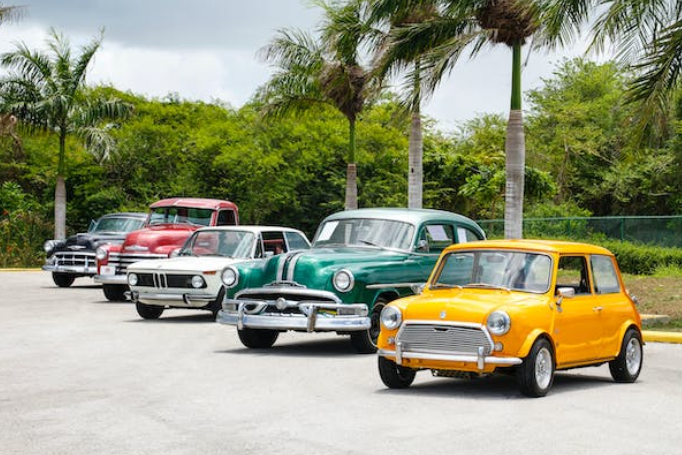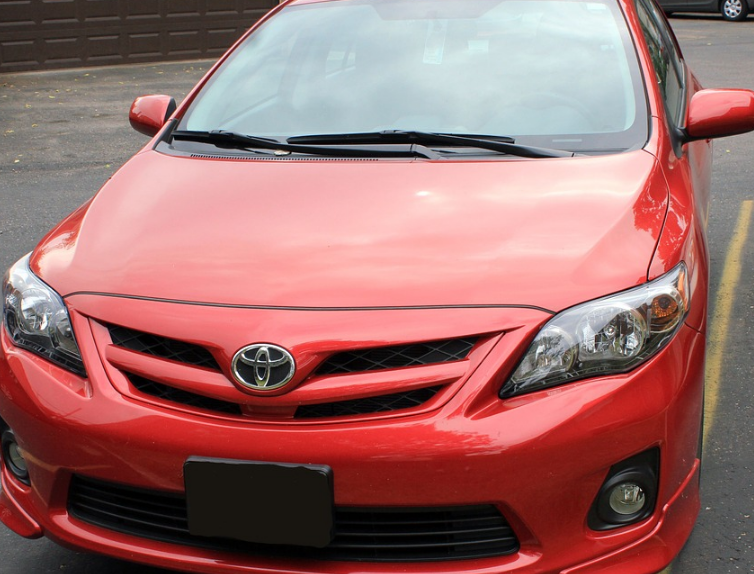Ah, the allure of a project car – the promise of transforming a rusty old relic into a roaring beauty on wheels. But beware, fellow gearheads, for the path to automotive glory is riddled with pitfalls that can turn the project into a nightmare of never-ending expenses. Join me as we explore the top mistakes to avoid when tackling your Beverly Hills Car Club project car, because in the world of DIY automotive restoration, ignorance truly can be the costliest price to pay.
Underestimating the Scope
One of the most common mistakes enthusiasts make is underestimating the true scope of their project car. What may have seemed like a simple restoration job can quickly snowball into a bottomless pit of repairs and upgrades. From hidden rust spots to elusive mechanical issues, be prepared for the unexpected and budget time and money accordingly. Remember, Rome was not built in one day, nor will your project car be.

Skipping Research
Knowledge is power, especially in the world of project cars. Skipping research on your make and model can lead to costly mistakes and wasted resources. Take the time to educate yourself on everyday issues, parts availability, and restoration techniques specific to your project car. Whether it’s scouring forums for advice or watching tutorial videos, arming yourself with information will save you time, money, and headaches down the road.
Cheap Parts, Costly Consequences
In the quest to save a few bucks, many project car enthusiasts use cheap aftermarket parts that end up costing them more in the long run. Poor quality parts can lead to premature failures, subpar performance, and even safety hazards. Invest in quality OEM or reputable aftermarket parts to ensure the longevity and reliability of your project car. Remember, skimping now can mean paying double later.
DIY Overconfidence
While the DIY spirit is commendable, overconfidence can be a project car’s worst enemy. Knowing when to get professional help for complex tasks or specialized tools is key to avoiding costly mistakes. Don’t let pride get in the way of progress—there’s no shame in consulting a mechanic or seeking guidance from experienced enthusiasts. Remember, a successful project car is a team effort that requires a blend of passion and practicality. As we reach the end of our journey through the potential pitfalls of project car ownership, one thing is clear – knowledge is your greatest asset, and ignorance is your most expensive liability. You can steer your project car towards success without breaking the bank by avoiding these common mistakes – underestimating the scope, skipping research, using cheap parts, and succumbing to DIY overconfidence.…




 Establishing a connection with the seller can make negotiations smoother and more successful. Share your passion for classic cars, ask about the vehicle’s history, and show genuine interest in the seller’s story. Building rapport can help you secure a better deal and make the entire process more enjoyable.
Establishing a connection with the seller can make negotiations smoother and more successful. Share your passion for classic cars, ask about the vehicle’s history, and show genuine interest in the seller’s story. Building rapport can help you secure a better deal and make the entire process more enjoyable.

 You will likely use the four square-foot to negotiate the car’s cost and payment. The four square is a fairly standard system that makes it a lot easier to earn a profit. Recall the salesman’s job isn’t to sell automobiles; it’s to earn a profit on the cars sold. The cost is the very last thing that you wish to talk about as any motion in the price means less profit on your shop.
You will likely use the four square-foot to negotiate the car’s cost and payment. The four square is a fairly standard system that makes it a lot easier to earn a profit. Recall the salesman’s job isn’t to sell automobiles; it’s to earn a profit on the cars sold. The cost is the very last thing that you wish to talk about as any motion in the price means less profit on your shop.